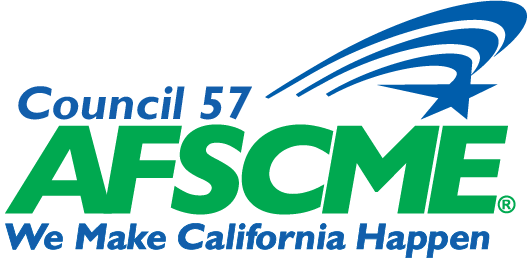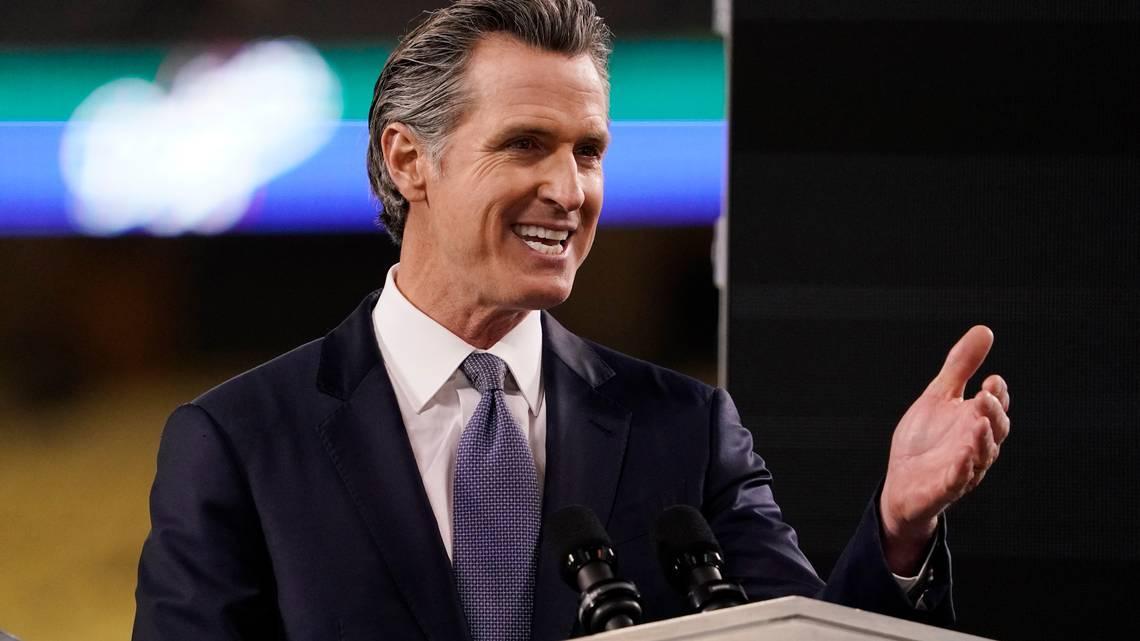This article originally appeared in the Sacramento Bee. View the original story here.
Millions of California workers will get up to two weeks of supplemental paid sick leave to take time off to get vaccinated, isolate themselves from potential exposure to the coronavirus, or deal with the effects of COVID-19, under a bill signed by Gov. Gavin Newsom Friday.
“Paid sick leave gives workers the time they need to care for themselves and loved ones while keeping their coworkers, families and communities safe,” Newsom said in a statement. "Even as case rates and hospitalizations decline and vaccinations ramp up, we can’t let our guard down and must do all we can to stop this virus from spreading.”
California workers lost their two weeks of supplemental sick leave at the end of 2020, leaving them with as few as three days of paid time off a year. Labor advocates have called it inadequate, given the effects of the coronavirus often last for weeks. Such leave is crucial to prevent those who are sick from coming to workplaces and spreading COVID-19, advocates have said.
The federal coronavirus relief package includes a tax credit until Sept. 30 for employers who have 500 or fewer employees and choose to offer paid sick leave, but it’s uncertain how many of them actually have taken advantage of it.
“No one wants to get their co-workers sick, but when you work in a job that doesn’t pay the bills, you can’t afford to miss a paycheck no matter how sick you feel,” said Juanita Camarena, a worker at McDonald’s Bayshore in San Francisco and leader in the Fight for $15 and a Union, in a statement from some of California’s labor groups including United Food and Commercial Workers union.
“Today California took a huge step to protect us, the largely Black and Brown essential workforce. Now, we can stay home to take care of ourselves and our loved ones.”
Under the bill, workers can take time off for any of the following reasons:
- Self-quarantine or self-isolation
- Appointments for a COVID vaccine, as well as dealing with its potential side effects
- Dealing with symptoms of COVID-19
- Caring for a family member in self-quarantine or self-isolation
- Caring for a child whose school or place of care is unavailable because of COVID-19 on the premises
The bill is retroactive to Jan. 1, meaning employers may have to pay workers for any time they took off unpaid for the reasons listed above.
Read more at the Sacramento Bee.

